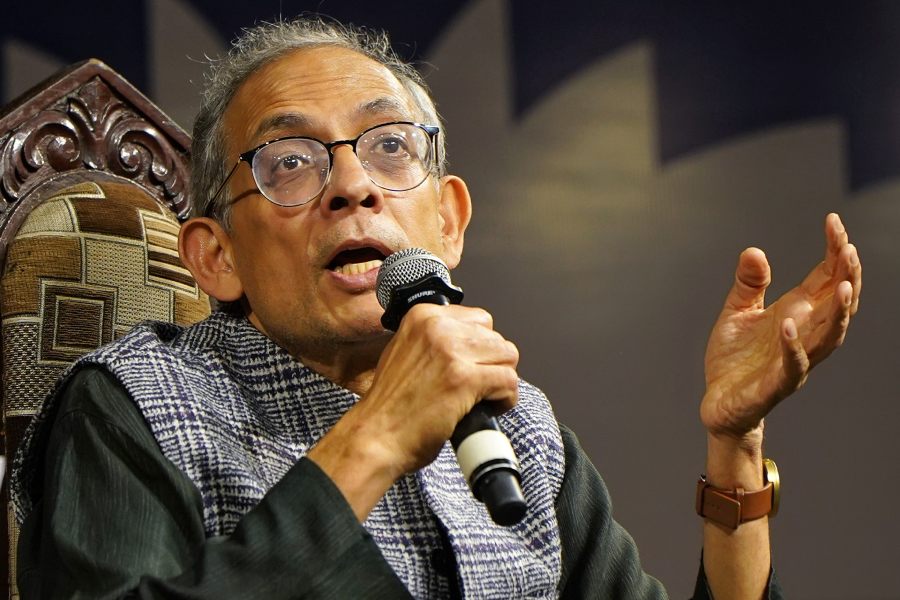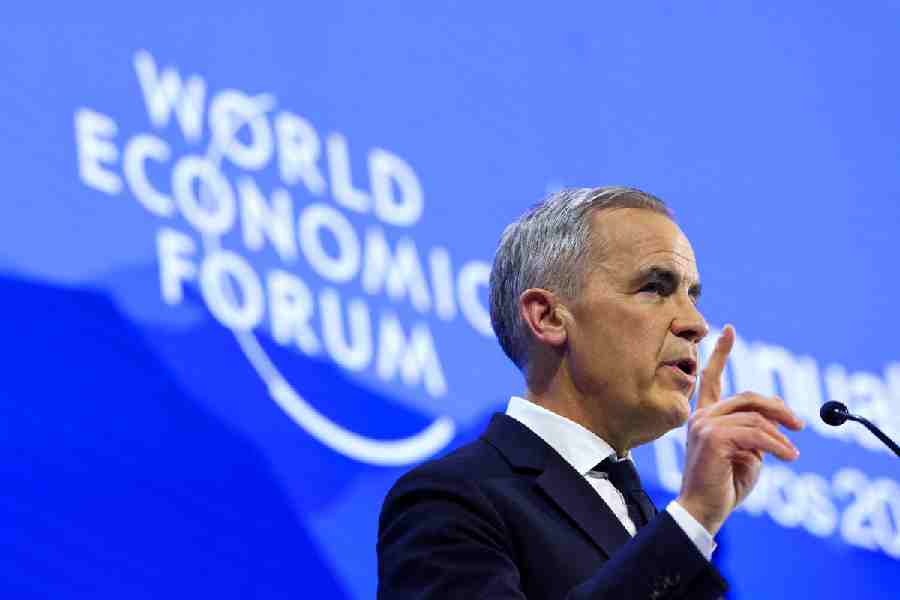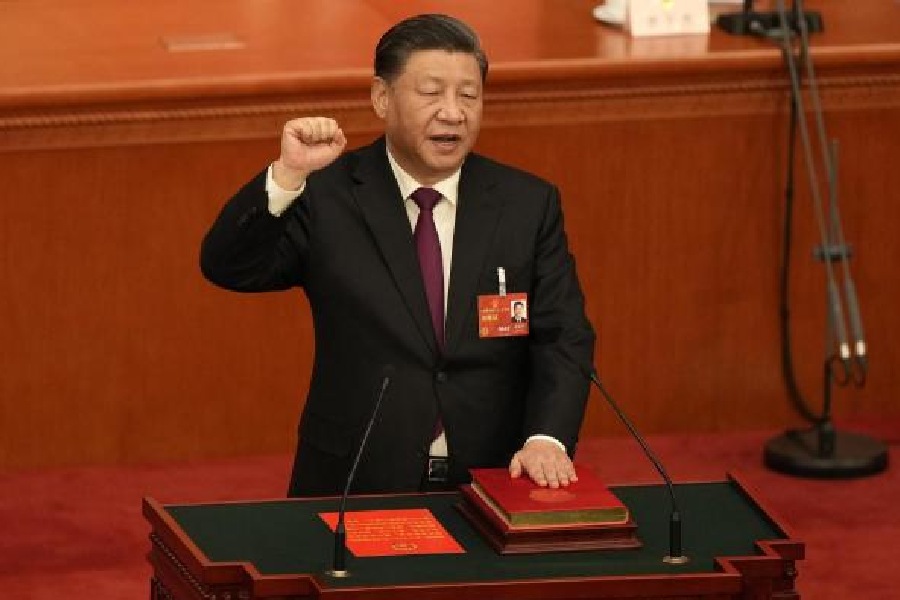New Delhi, Oct. 24: Celebrities do not drive the popularity of topics trending on Twitter, a study from India has suggested, challenging the notion that the most popular users are also the most influential on the online social network platform.
A study by computer scientists at the Indian Institute of Technology, Delhi, has found that while popular users post a higher number of original tweets and are the quickest to re-tweet on various topics, they do not influence what gets hot on Twitter.
The researchers scrutinised over 468 million tweets generated over a three-month span in India by 245 celebrities and their 10.4 million Indian followers to study the differences, if any, in the behaviour and influence of celebrities and other users.
"Popular users may serve as a barometer for what is interesting or emerging, but they have almost no influence on how fast something will trend on Twitter," said Aaditeshwar Seth, an assistant professor of computer science who supervised the research.
"Whether and how quickly a topic becomes hot on Twitter doesn't seem to depend on whether a celebrity or a non-celebrity user tweets about it," said Seth, who is among researchers trying to understand how information spreads through online social networks.
The IIT researchers, working with a collaborator at Australia's Information Communications Technology Research Centre, classified Twitter users into a hierarchy of four categories: the top 0.1 per cent most active and popular users with 6,828 or more followers each, medium popular users with 95 to 6,828 followers, ordinary users with 8 to 94 followers, and inactive users with less than eight followers.
They analysed the tweeting patterns of celebrities from politics, Bollywood and sports and those of other users during the growth, peak and decay phases of spikes in tweets and re-tweets that characterise trending topics, at times marked by hashtags.
They scanned tweets by Aamir Khan, Deepika Padukone and Chetan Bhagat representing Bollywood or entertainment; Omar Abdullah, Kiran Bedi and Shashi Tharoor from politics; and Sourav Ganguly, Sania Mirza and Lalit Modi from sports.
"We found that it is not easy to manipulate people only through celebrities," said Amit Ruhela, a research scholar and the first author of the study, whose findings have been published in the journal Computer Communications.
A topic appears to become popular on Twitter independently of the identities of the participants engaged in the Twitter chatter about that specific topic, Ruhela said.
The importance of the event and extraneous factors --- things that may have nothing to do with the actual traffic on online social networks -- appear to drive the popularity of a topic, he said.
The researchers are now trying to microscopically analyse individual events and understand the causal factors that drive the popularity of a topic on Twitter. Earlier, Ruhela and his colleague Rudra Mohan Tripathy had analysed the speeds at which topics become popular on Twitter.
"Just because more people receive tweets from a celebrity doesn't mean they'll themselves re-tweet something because it's come from a celebrity," Seth said.
"Features specific to and internal to the events themselves appear to drive popularity on Twitter."
Their findings appear consistent with research from Britain last year that found that certain messages promoted through celebrities had had a limited impact on the general public.
Researchers Dan Brockington at the University of Manchester, Spenser Henson at the University of Sussex, and Martin Scott at the University of East Anglia, who had questioned 1,000 members of the public, found that 66 per cent could not link any celebrity with a list of seven well-known charities and aid organisations promoted through celebrities.
Their study suggested that while the awareness of charities and aid organisations was high, the awareness of celebrity advocates for those brands was low.
"The evidence suggests that the ability of celebrity advocacy to reach people is limited," the researchers had said, describing their findings in the Journal of Cultural Studies.
The IIT Delhi study represents efforts to understand and anticipate how topics grow on Twitter.
A joint study by researchers in Spain and the US had last year indicated that topic growth on Twitter can indeed be predicted days or even weeks in advance through knowledge of friends' networks on Twitter.
Manuel Garcia-Herranz, a computer scientist at the University of Madrid, and colleagues at Yale University and the University of California, San Diego, have shown that it is possible to identify a group of people --- sentinels or sensors --- with special positions among friends' networks that would allow information to go viral online.
Herranz and his colleagues had shown in a paper published in the journal PLOS One that it may be possible to identity sensor groups that could be used to anticipate important changes in public sentiments that could influence economic growth, elections, opposition movements, or even stock market movements.











